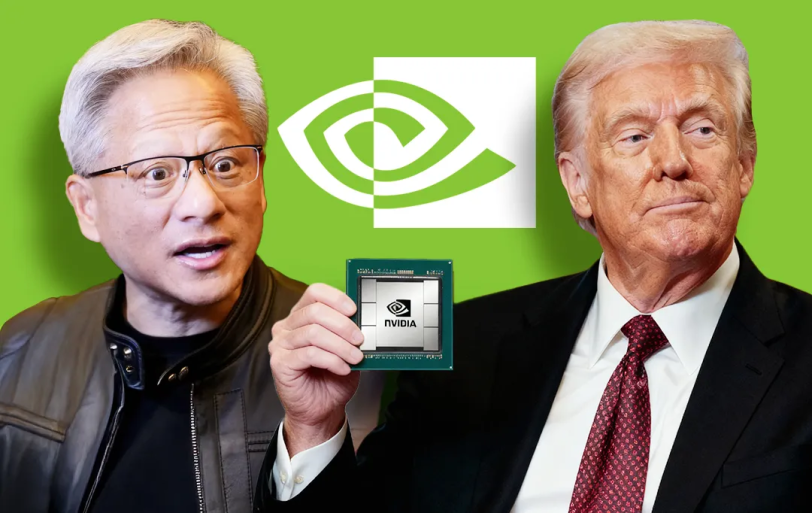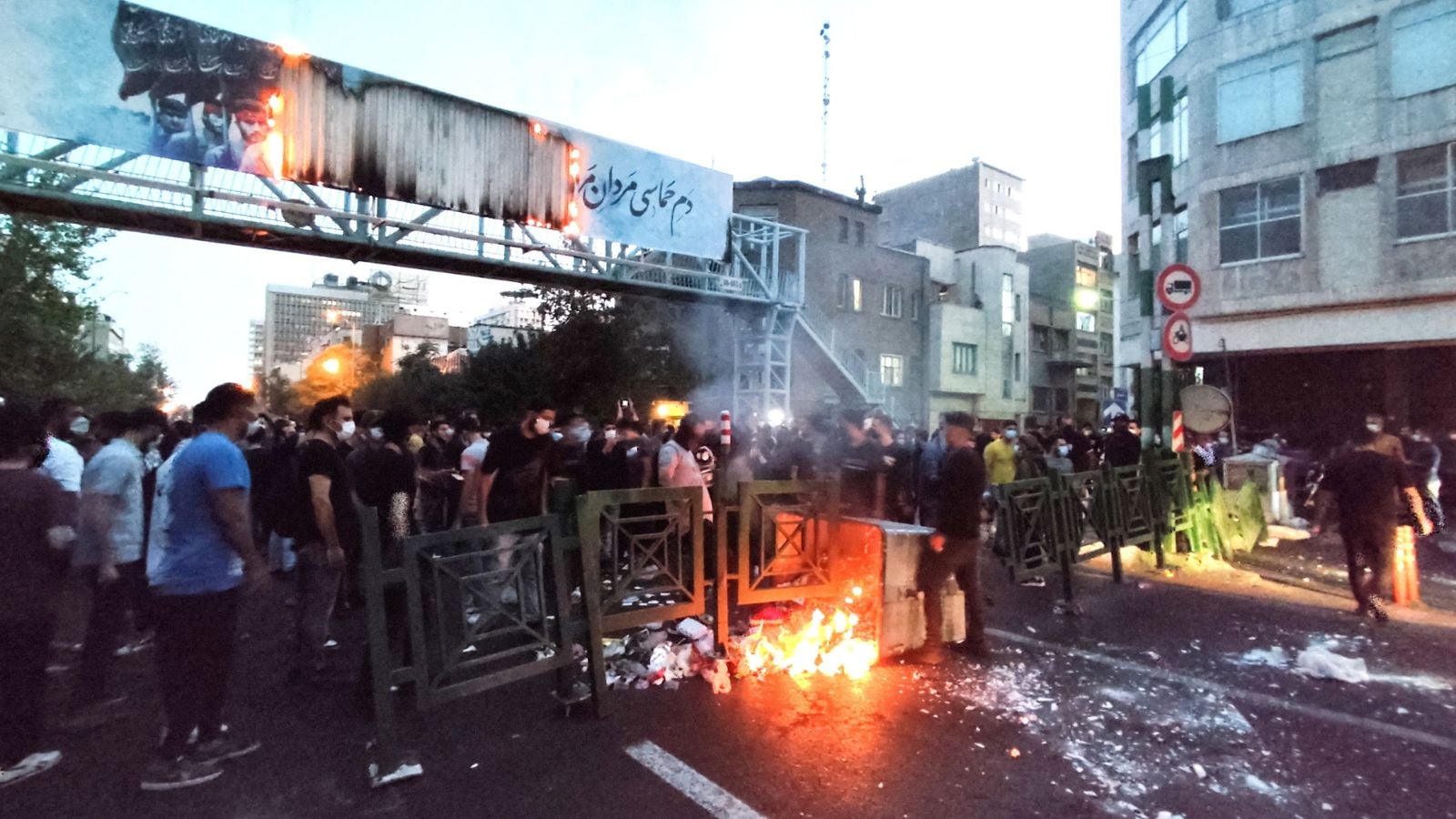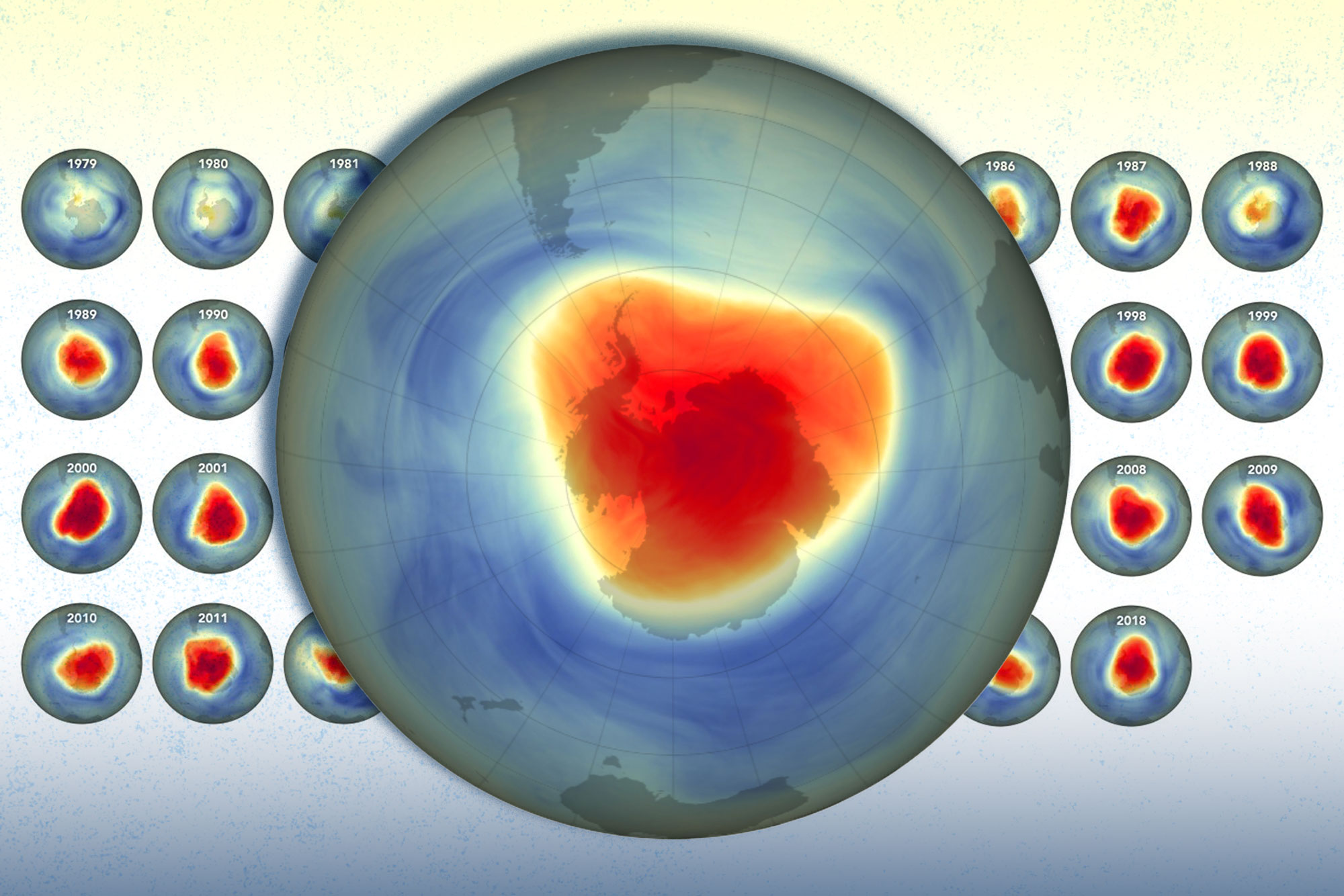TRUMP BLOCKS NVIDIA’S MOST ADVANCED AI CHIPS FROM EXPORT

Escalation in U.S.–China tech controls
The White House has drawn a new red line in the global chip race. President Donald Trump said Nvidia’s next-generation Blackwell-series AI processors will be kept for domestic use and barred from export to China and several other jurisdictions. Officials frame the move as a national-security step to protect “strategic assets.” The decision tightens measures built since 2022, when Washington first curbed high-end GPU sales and tool access. It also answers hawks who argue that cutting-edge accelerators directly enable military applications and state-scale surveillance. Trump offered no final list of exempt destinations, creating immediate uncertainty for partners that assemble U.S. clouds abroad.
Shockwaves through AI supply chains
Nvidia dominates the training-grade accelerator market, so even a partial clampdown ripples across cloud roadmaps, model-builder timelines, and sovereign-AI plans. Asian customers reliant on U.S. chips may accelerate localization: China is backing domestic GPU efforts; South Korea and Japan are de-risking with incentive packages; India is pitching itself as a neutral compute hub. Analysts expect short-term margin pressure for Nvidia if re-routing delays deliveries, yet U.S. demand remains red-hot as hyperscalers race to add capacity. Longer term, techno-nationalism can fragment the stack: divergent chip ecosystems, incompatible interconnects, and more costly redundancy. Diplomats warn of tit-for-tat controls that entangle not only semiconductors but cloud services and model exports. For researchers, the question is whether access to state-of-the-art compute concentrates further in the U.S.—or whether competing ecosystems close the gap faster under pressure.





















